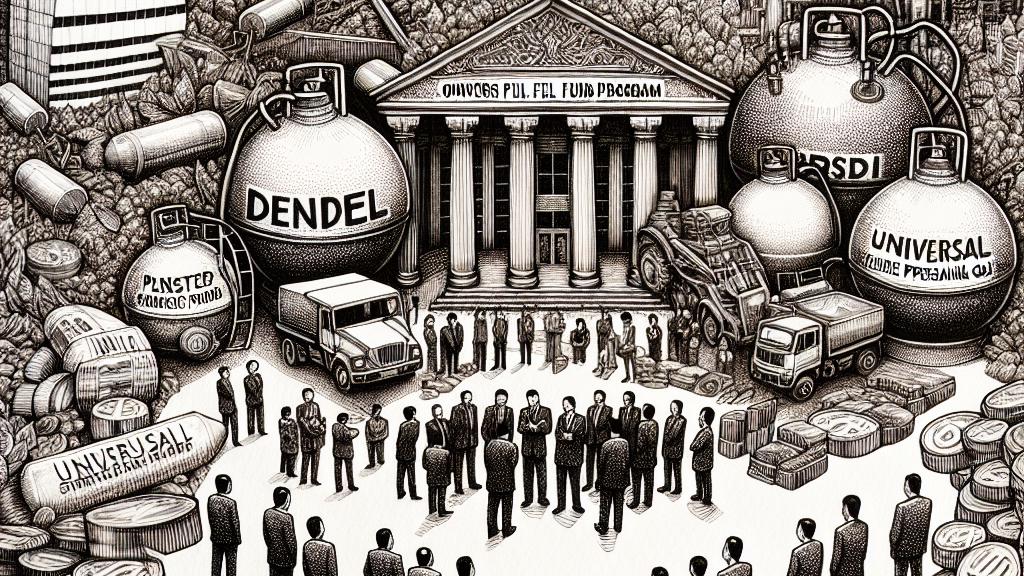Fueling Controversy: Will Thailand's Energy Subsidy Plans Pass the Test?
Overview
- Thailand faces a crucial juncture as it reassesses its energy subsidy strategies amid extensive financial losses.
- Discussions center on identifying targeted groups for subsidies to ensure fairness and reduce waste.
- Public hearings could reshape policies, providing a clearer framework for the Oil Fuel Fund's future operations.

Understanding the Current Energy Subsidy Crisis in Thailand
Thailand's Oil Fuel Fund Office (Offo) is under scrutiny as it navigates a crisis marked by significant financial deficits linked to its subsidy programs. Recent reports indicate an accumulated debt exceeding 104 billion baht, largely due to a combination of universal diesel and liquefied petroleum gas (LPG) subsidies. Stakeholders, including tax authorities and energy advocates, have pointed to the lack of transparent criteria for subsidy distribution as a major issue. Public hearings have underscored the need for a comprehensive review of how funds are allocated, raising urgent questions about the sustainability of these subsidies amidst rising global energy prices.
Proposed Changes for Targeted Subsidy Allocation
In light of these challenges, discussions are shifting towards establishing clearer criteria for determining which groups should receive financial support. Experts suggest focusing on low-income workers who depend on affordable fuel, such as motorcycle taxi drivers and tuk-tuk operators, instead of continuing a blanket subsidy approach. This targeted strategy aims to prevent further debt accumulation while ensuring that the most vulnerable populations are prioritized. Additionally, redefining what constitutes a 'fuel price crisis' could help streamline when and how subsidies are enacted, allowing for more judicious fund management in response to market fluctuations.
The Path Forward: Implications for Thailand's Energy Policy
The outcomes of these discussions could have profound implications on Thailand's energy policy and financial stability. By refining subsidy criteria and improving efficiency in fund allocation, the government has an opportunity to address concerns over fiscal responsibility while still supporting essential service users. As these public consultations unfold, the government's responses will be watched closely, not just in Thailand, but by other nations facing similar challenges in subsidy management. If successful, Thailand's new energy policies could serve as a benchmark for sustainable subsidy systems that balance economic constraints with the welfare of citizens in an increasingly volatile global market.

Loading...